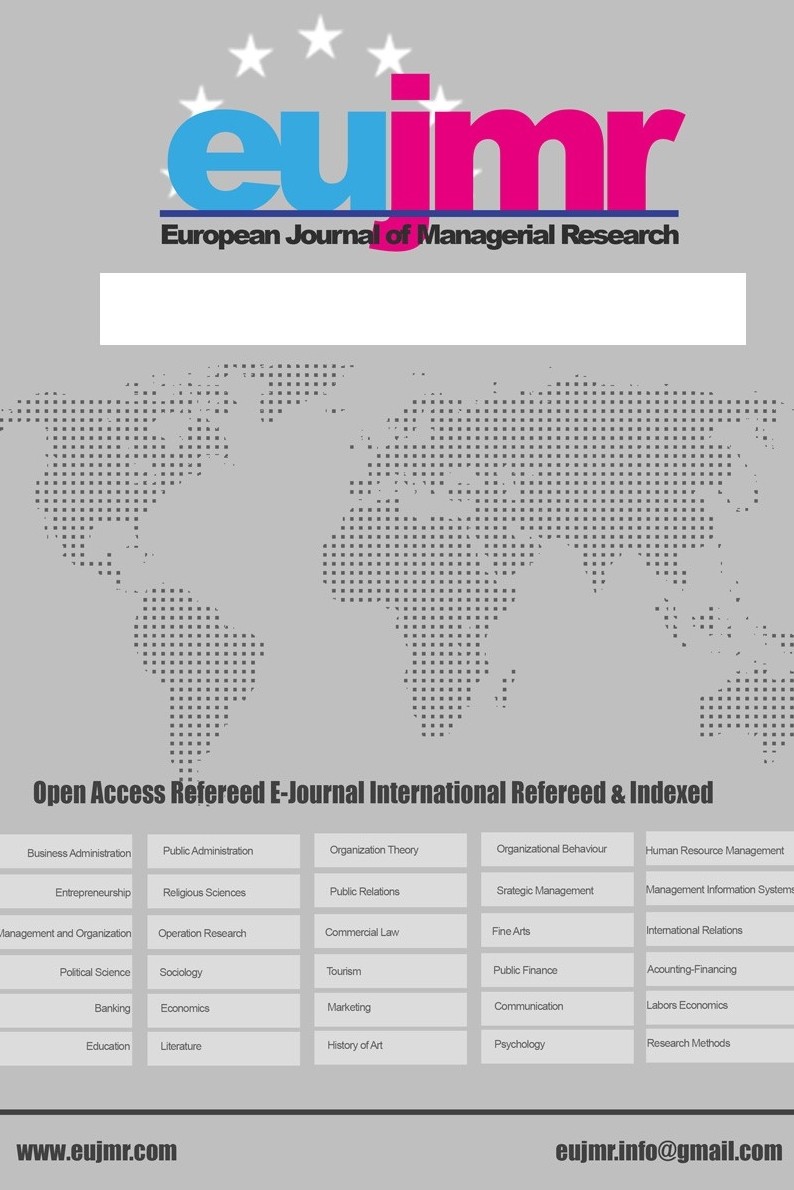AB VE BALKANLARDA GÜNEY DOĞU AVRUPA İŞBİRLİĞİ PAKTI İLE
BÖLGESEL İŞBİRLİĞİ KONSEYİ’NİN ENTEGRASYONU
Avrupa Birliği son yıllarda hızlı değişimlere sahne oldu. AB halen, dünyadaki bölgeselentegrasyon hareketleri arasında en gelişmiş ve en fazla ‘’supranasyonel/ulusüstü’’özelliklere sahip girişim olarak “sui generis” dediğimiz kendine özgü yapısını koruyor. AB,2007’de Bulgaristan ve Romanya’nın üyeliği ile yeni üyeleri hazmetme sorunu ilekarşılaşmıştı. AB ortalamasının altında bir refaha sahip olan ve yolsuzluk gibi yapısalsorunlarını çözemeyen bazı ülkelerin AB üyesi olması, beraberinde uyum ve bütünleşmesorunlarını getirdi. Yugoslavya Sosyalist Federal Cumhuriyeti’nin dağılması ve bunu takibenyaşanan savaşlar AB için büyük bir başarısızlık öyküsü olarak akıllara kazınırken, Avrupasahnesine yedi yeni devlet çıkardı. Önceleri, istikrarın ve barışın tesisi gibi alçakgönüllühedeflere dayalı olarak şekillenen AB’nin Batı Balkanlar’a yönelik politikası, bugün bölgeülkelerinin AB ile bütünleşmesini öngören iddialı bir gündemle ilerliyor. Bu çalışmamızda;çalışmamızda Eski Yugoslavya Sosyalist Federal Cumhuriyetinin Dağılması, AB’nin BatıBalkanlar Politikası, Royaumont (Fransa) Süreci, AB’nin Bölgesel Yaklaşım Politikası,Selanik Zirve Gündemi, Güney Doğu Avrupa İstikrar Paktı, Güney Doğu Avrupa 2020Stratejisi detaylı bir şekilde analiz edilecektir
INTEGRATION OF THE REGIONAL COOPERATION COUNCIL WITH THE
SOUTH EAST EUROPEAN COOPERATION PACKAGE IN THE EU AND THE
BALKANS
The European Union has been the scene of rapid changes in recent years. The EU stillmaintains its unique structure of what we call "sui generis" as the most developed and mostsupranational entities of the regional integration movements in the world. In 2007, the EUfaced the problem of acquiescence of new members with the membership of Bulgaria andRomania. Some countries that have a refinement below the EU average and can not solvetheir structural problems such as corruption are EU members, bringing integration andintegration problems together. While the disintegration of the Yugoslavian Socialist FederalRepublic and the subsequent wars were wondering into the EU as a great story of failure,seven new states emerged on the European scene. The EU's policy towards the WesternBalkans, shaped by its modest goals such as its priorities, stability and peacemaking, is nowheading for an ambitious agenda for the integration of the countries of the region into the EU.In this study; In our work we will analyze in detail the dissolution of the former SocialistFederal Republic of Yugoslavia, the Western Balkans Policy of the EU, Royaumont (France)Process, the EU's Regional Approach Policy, the Thessaloniki Summit Agenda, the South EastEurope Stability Pact, and the South East Europe 2020 Strategy
